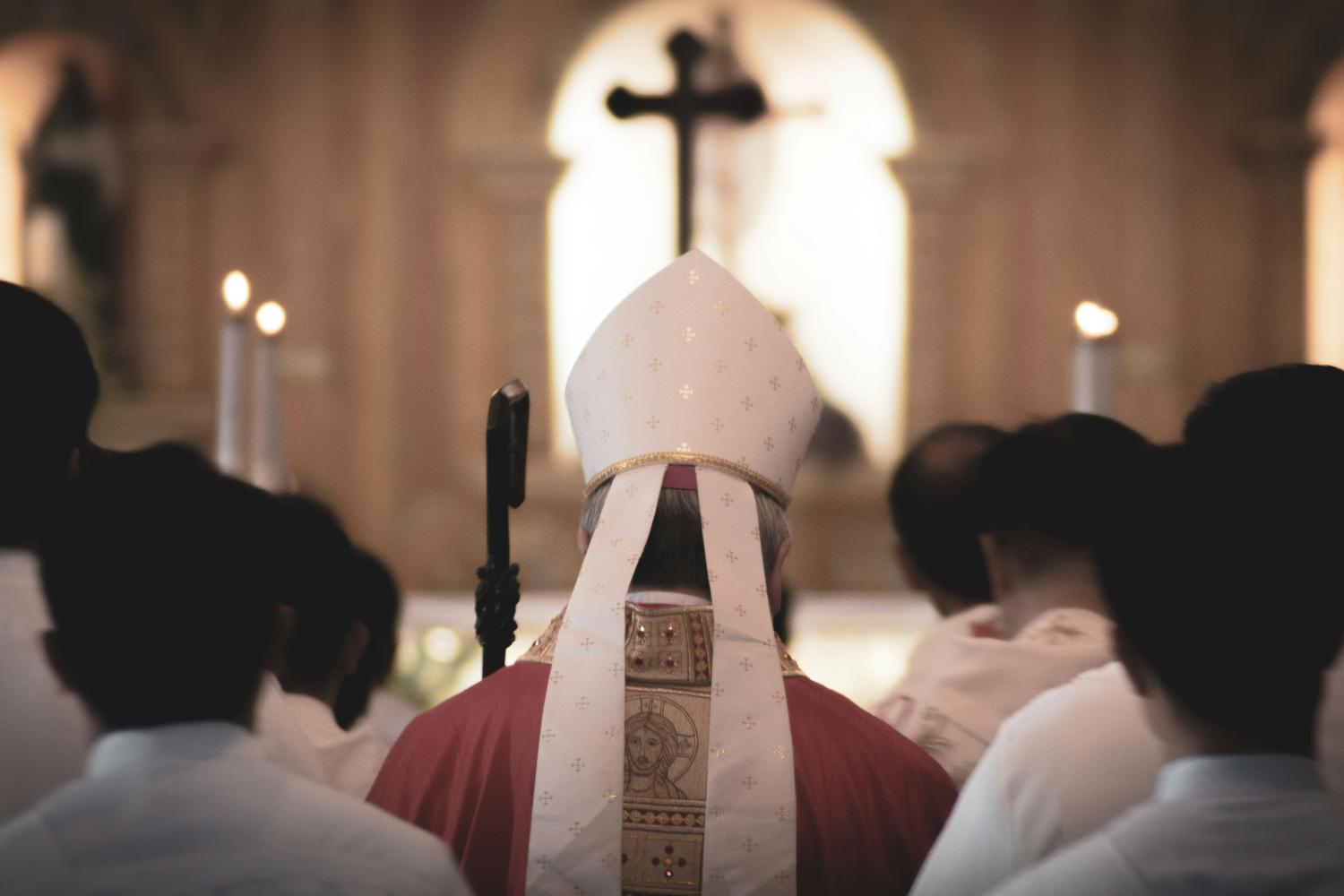
A somewhat surprising topic has made headlines lately: polygamy.
It’s partly in light of the Vatican’s recent announcement that it will release a new document at the end of the month: “We Two: In Praise of Monogamy.” But it’s also in light of a Protestant pastor of a small, non-denominational church in Missouri announcing on his social media accounts that he has two wives, and that his second is expecting his family’s eighth child. Alongside his announcement, he posted on his website a brief take on “Biblical Polygamy”: “In 2019,” he says, “I discovered the surprising fact that God not only never prohibited polygamy throughout the entire Biblical narrative (as He did with polyandry or homosexuality), He divinely ordained it in several cases.”
His isn’t, by any means, the mainstream Protestant position. But his position and evidence do point to a difficulty that comes with not having a magisterium or authoritative teaching body: namely, that the Scripture demands an interpretation. Sure, some things are clear. It would be difficult to make the case that the Bible isn’t saying there’s just one God, for instance. But there’s a lot that’s not so clear, and very significant teaching can be fiddled with, if individuals are left to their own devices.
Indeed, this is especially so because the world and the flesh will push against what the Scripture gives us. Our intellects and wills are not yet perfect, and they’ll naturally be drawn to translate the Biblical word into something that’s more palatable, easier to live with. And without some aid – a voice, a tradition, a body of teaching – to motivate the stand against that softening or distortion, it’s easy for interpretations to go in lots of different, and worrisome, directions. This happens for Catholics as well as for Protestants: as soon as one’s commitment to the teaching of the Church weakens, things start to get a bit floozy. Scripture citations are floated, or the “spirit” of the text is invoked, and suddenly very important, saving aspects of the faith have been reconfigured to please the will of the reader.
Of course, the truth here is that it’s beneath the dignity of a woman to be treated as one wife among many. That’s not in keeping with God’s creation. But that idea is not necessarily obvious to humans. It’s a bit like the problem of slavery: most societies in history have thought it acceptable for one human being to own another – it just made sense economically. Polygamy, too, has its attractions. So it took God to teach us that it’s not in fact the way things are meant to go, because such practices don’t resonate with who we are. He revealed to us our true dignity, and apart from him, the world has never really known it.
All of which is to say: this pastor’s case may be an extreme one, when it comes to misinterpretations of Scripture that get leveraged in strange or troubling ways. But even so, it’s not likely that we’d be able to see ourselves through misinterpretations on a smaller scale, either. We need a teaching authority for that – a voice that reminds us of what it is God has told us, in all his dealings with human beings over the course of human history. Thankfully, that’s the gift of the Magisterium. And it’s a gift worth being grateful for.


